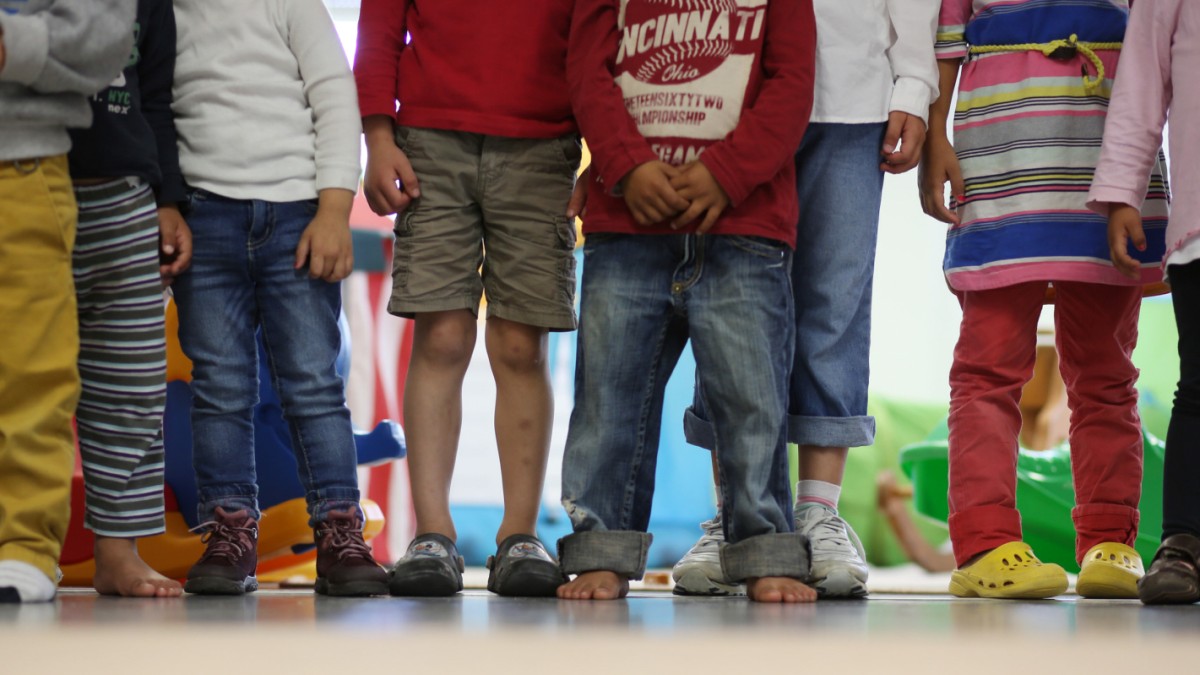Every few years the international Christian children’s aid organization World Vision publishes a representative study of the realities of life for children and young people. The special thing about it: the children are actually interviewed, not their parents. The next study is to be published in 2023, but the organization has already compiled interim results on the corona pandemic in a preliminary report, which the Süddeutsche Zeitung is present.
A lot is said about children in public discourse, it says, but their own voices are barely heard. Caterina Rohde-Abuba, Head of Research at World Vision, explains that the pre-publication is the qualitative part of the overall study.
For this purpose, 19 children in Germany and 15 in Ghana between the ages of six and 16 from different social classes were interviewed for up to one and a half hours. In the end, they remain anonymous, their names are changed. With the subsequent standardized survey of a total of 4,000 children, it should start in summer and autumn.
Significantly more domestic tasks
But what is the point of interviewing a small group of children? “If you are researching a new topic,” says Rohde-Abuba, “it is essential not to start with the standardized questionnaires right away. Otherwise you will only bring in the adult perspective and the current state of research.” With the in-depth interviews, they would have wanted to find out how children even talk about Corona.
She was surprised, for example, that the children in both countries had taken on significantly more domestic tasks in the pandemic, such as looking after younger siblings. The authors write that children should therefore “not be viewed merely as passive objects of education and care by their parents”. “We didn’t have the topic in mind before,” says Rohde-Abuba, who conducted several interviews herself.
The interviews show that young people in Germany and Ghana perceive Covid-19 as a “potentially fatal infectious disease”. However, the children in this country discussed the risk of an illness “more in relation to their older or previously ill relatives,” says the publication. “So before the school holidays we had, I think, a month of classes,” a 14-year-old is quoted as saying. “But I couldn’t go yet because my mother was a high-risk patient.”
“Because people die, children die too”
In Ghana, on the other hand, the risk of death for children themselves also played a greater role: “Because people die, children die too,” said a twelve-year-old. The side effects of the anti-corona measures, such as falling income, poor access to health care or the absence of school meals, were more important for Ghanaian children than for Germans.
In both countries the children reported months with one or both parents at home, a lack of employment opportunities, and problems with motivation and understanding in homeschooling. Everyone regretted not being able to go to school. Above all, the German children missed their friends (“That was stupid. I couldn’t see my friends.” Luka, 7 years old), in Ghana they were more concerned that they would not learn enough anymore (“If we don’t go to school, we can’t learn anything. “Francis, 13).
There they learned about educational television and written assignments. In Germany, the children said that the offers strongly depended on the respective teacher; They rarely experienced digital lessons. In Ghana, the children criticized the only partial return of years to school; in Germany, the children found the arbitrary allocation of alternate classes to be a burden from outside the group.
Basically, according to the authors, children in the pandemic had to cope with new stresses “that do not correspond to their previous environment”. Because of Corona, their living environment is “almost completely limited to the private space and the resources of their families”.
– .


